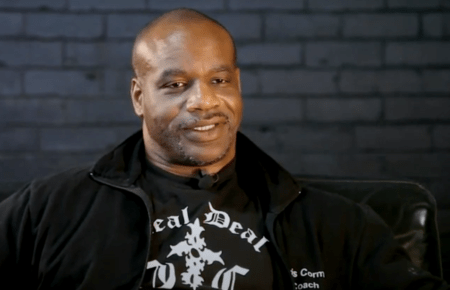When determining the effectiveness of a piece of content that has been distributed across your social media platforms, experts will tell you that analytics measures such as engagement, reach, click throughs etc., are some of our best tools for determining success. And, in many respects this is true. If an audience is clicking on the link, is watching your video, is commenting, sharing and engaging with the content, that is certainly a good sign that the content is of value.
However, the issue for brands when developing a social media strategy or even engaging third parties to manage their accounts and build strategies and create content on their behalf, what sometimes happens is that these measures become the objective rather than the measuring tool. Or to put it another way, they are setting goals for the campaign to achieve high numbers in these areas, as oppose to setting business goals and using these numbers as they are intended — to monitor progress.
Taking a step back from this, the question must be asked: what is the overall objective of your social media, digital and content marketing efforts? If you were to answer that question truthfully, I doubt the objective is to simply get engagement, clicks and follows exclusively. Instead the objective is likely to be something that relates more to messaging — communicating brand values, promoting products and services and sharing information and knowledge that will both serve and be of value to your community. And from a numbers perspective, gaining followers who are genuinely interested in your brand and products or services.
By making social media analytics the goal of the campaign – which can happen when an agency is sending you reports built around KPIs in this very area – these numbers don’t tell you how much cut through you really had with the information you really want your followers to be getting. Instead they might be sharing content designed to perform well on these metrics, rather than communicate your key messages.
A good example of this is a Facebook page that I follow that belongs to a popular comedy club. This page shares a lot of funny memes, and does so almost exclusively. And they get an enormous amount of engagement and this content has also helped them to grow their page follower numbers exponentially. But are these followers likely to become paying customers? Do these followers even know anything about the business or that they’re actually following a comedy club? Are these followers even from the city that the comedy club is based in? Rarely do I see them post content that promotes upcoming events and talent that is scheduled to appear in the coming weeks and months. Now I’m not saying their strategy is all bad – it has helped them to get phenomenal engagement and a huge amount of followers. But the question remains is this effort actually helping them to grow their business and grow their brand?
Additionally, when the objective is purely about numbers and analytics, is it possible that your agency or social media team is using budgets and other online tools and platforms to inflate these numbers? Again, when you make the purpose a lift in these metrics, there are tools to help lift in these areas but that loses sight of what is valuable engagement.
Therefore, although these measures are important it also pays to consider the content that is being shared on your social media platforms and also to take a qualitative approach to assessing success and value. For example, yes people are leaving comments, but are they just tagging their mates because the post is funny or are they engaging with the content because what is being communicated is valuable and they’re showing signs of becoming a paying customer. Always be auditing your content for the messaging that’s within it, not just the numbers it’s hitting.

































